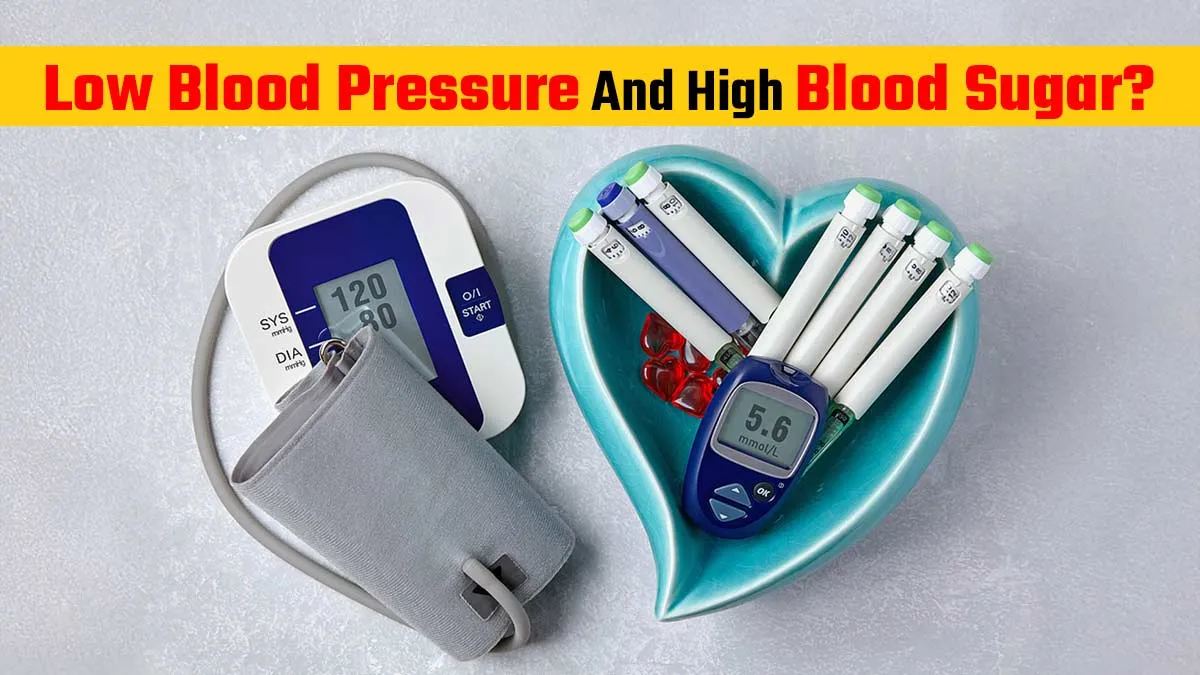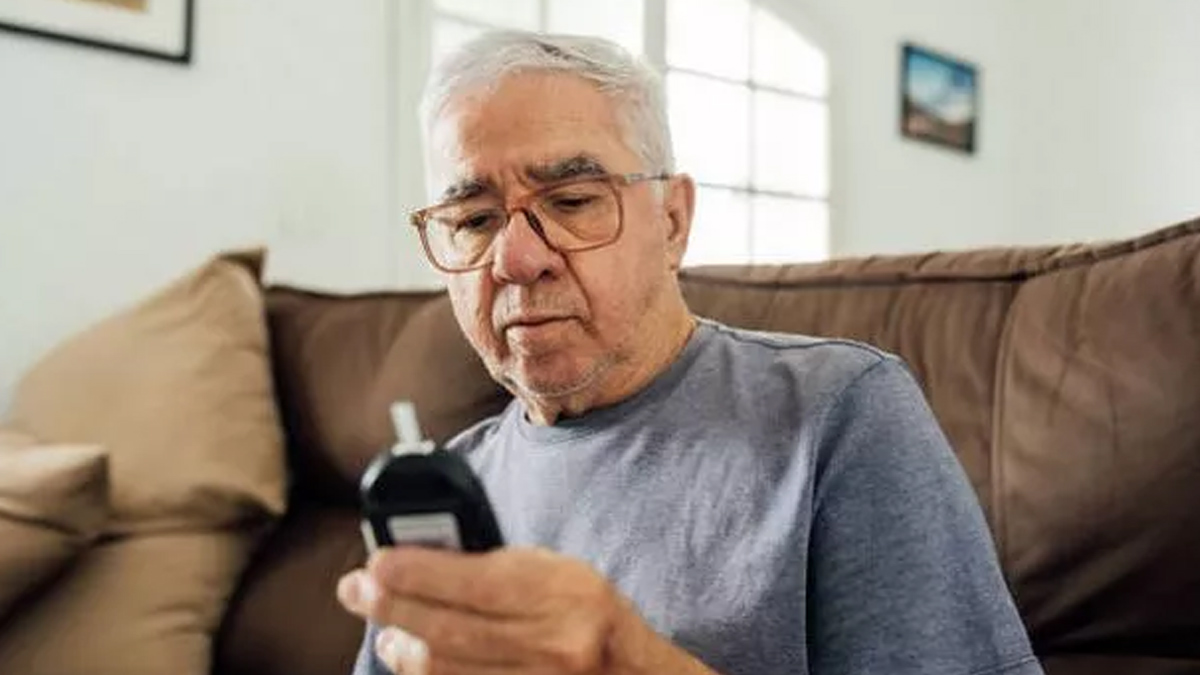
Have you ever got dizzy or light-headed because you had to cope with high blood sugar? This situation is such that low blood pressure is known to creep in with diabetes sometimes, to give an awkward and less-known situation. When hypotension and hyperglycemia go together, it may be confusing and alarming. It is of paramount importance that you know how and why these two issues go hand in hand and what it signifies about your health in case you have diabetes or you know someone who has diabetes.
Table of Content:-
In cases of elevated levels of blood sugar, your body feels the need to dispose of the excess sugar by urination. Read ahead to know more about it as we reached out to an expert, who shared their expertise on the topic.
What To Expect When Blood Sugar Rises and Blood Pressure Falls?![when Low Blood Pressure And High Blood Sugar 3 - 2025-07-28T164238.420]()
Dr Yashaswini L S, Senior Consultant Physician and Diabetologist, Bangalore Hospital, explains, "Though everybody is aware of high blood sugar in diabetes, people are not so aware of the role of blood pressure. Low blood pressure in association with high blood sugar indicates underlying issues that require urgent attention." When blood sugar increases, your body attempts to eliminate that excess sugar by urinating more often. That results in losing extra water, causing you to become dehydrated.
ALSO READ: New Diabetic Barbie Doll with Type 1 Diabetes, Glucose Monitor and Insulin Pump Launches
Here's how it impacts your body:
- Dehydration reduces the amount of blood: There is not as much fluid, so your blood pressure goes down.
- Reduced supply of oxygen and nutrients to the organs occurs: Your body and brain do not get enough oxygen and other nutrients through blood.
- Symptoms ensue: You may feel dizzy, tired, get blurred vision, or even faint.
Why Is This Pair Dangerous?![Low Blood Pressure And High Blood Sugar dangers 2 - 2025-07-28T164242.894]()
Autonomic neuropathy is another problem associated with diabetic people. This is nerve damage which affects the manner your body balances the automatic processes, such as controlling blood pressure.
Raising up abruptly may cause your body to be unable to balance the blood pressure, and hence, fainting or dizziness. This also increases the risks of falls and injuries.
What Can You Do To Be Safe?![what to do when Low Blood Pressure And High Blood Sugar 1 - 2025-07-28T164240.163]()
It also poses a greater risk to the heart and other damages to organs when not treated. It is not only diabetes of blood sugar control. You should also pay great attention to your blood pressure and condition in general.
- Take lots of water. Quality water also sustains the blood volume.
- Measure blood sugar as well as blood pressure regularly. Make note of any changes that are not normal.
- A sudden position change is to be avoided. Get up gradually when lying or sitting so as not to feel dizzy.
- Know the warning signs. If you feel weak, dizzy, or faint, don't brush it aside, call your doctor right away.
At Bangalore Hospitals, the team takes a comprehensive approach to diabetes care. The expert team manages not only blood sugar but also complications like low blood pressure linked to diabetes. Dr Yashaswini adds, "Knowing the close relationship between blood sugar and blood pressure prevents complications and enhances quality of life in persons with diabetes."
Important Things to Remember
- Low blood pressure can be produced by dehydration due to excess blood sugar.
- Watch out for symptoms such as dizziness, fatigue, blurred vision and dizziness.
- Diabetes can cause nerve damage, which could elevate the challenge of controlling blood pressure.
- Risks can be mitigated with the help of hydration, constant surveillance, and careful movements.
- Seek medical attention in case of worsening symptoms.
Conclusion
Diabetes cannot be lived by just watching the sugar intake. It is about learning the interaction of the systems of your body like blood pressure and circulation. The low pressure of the blood and increased sugar levels in the blood indicate a stressed body that requires some attention. Being a well-informed person who is well-hydrated, knows the symptoms, and understands how their health can be defended, you will avoid tragic complications.
Also watch this video
How we keep this article up to date:
We work with experts and keep a close eye on the latest in health and wellness. Whenever there is a new research or helpful information, we update our articles with accurate and useful advice.
Current Version


